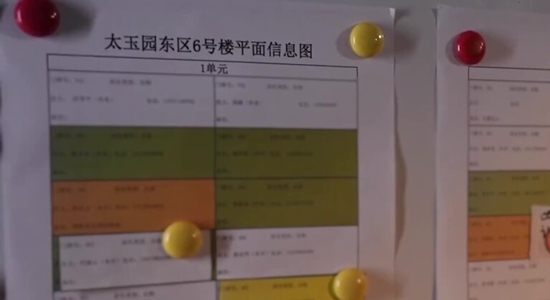
Too much is never enough in China. Beijing-based Vivian Wang reports that the Chinese state’s universal and accelerating system of surveillance entails “tracking residents, schoolchildren and businesses to forestall any potential unrest,” tracking that recalls the era of Mao (“Xi Jinping’s Recipe for Total Control: An Army of Eyes and Ears,” The New York Times, May 25, 2024).
The modern Chinese state has always sought to watch everybody in every way all the time in part to “forestall any potential unrest.” But Wang’s report makes clear that under Xi Jinping, the state is eager to take ever more intensive and extensive steps to fulfill this ambition. The COVID-19 pandemic was a big help, and the state has retained much of the new monitoring and control that had supposedly been introduced as a means of limiting infections. These methods are now being pushed “even further.”
The Chinese Communist Party has long wielded perhaps the world’s most sweeping surveillance apparatus against activists and others who might possibly voice discontent. Then, during the coronavirus pandemic, the surveillance reached an unprecedented scale, tracking virtually every urban resident in the name of preventing infections.
Now, it is clear that Mr. Xi wants to make that expanded control permanent, and to push it even further.
The goal is no longer just to address specific threats, such as the virus or dissidents. It is to embed the party so deeply in daily life that no trouble, no matter how seemingly minor or apolitical, can even arise.
Mr. Xi has branded this effort the “Fengqiao experience for a new era.” The Beijing suburb in the propaganda video, Zhangjiawan, was recently recognized in state media as a national exemplar of the approach.
“Fengqiao” refers to a town where, during the Mao era, the party encouraged residents to “re-educate” purported political enemies, through so-called struggle sessions where people were publicly insulted and humiliated until they admitted crimes such as writing anti-communist poetry.
Mr. Xi, who invokes Fengqiao regularly in major speeches, has not called for a revival of struggle sessions, in which supposed offenders were sometimes beaten or tortured. But the idea is the same: harnessing ordinary people alongside the police to suppress any challenges to the party and uphold the party’s legitimacy….
In the name of Fengqiao, the police have visited Tibetans, Uyghurs and other minority groups in their homes, promoting party policies. Companies have been required to register their employees in police databases. Government workers have given “anti-cult” lectures at churches. Police officers and judges have been installed in elementary schools as “deputy principals of law,” keeping files on students’ perceived risk levels….
It is clear now that the government’s heightened intrusiveness during the pandemic was an acceleration of a longer-term project. Mr. Xi’s goal is to deploy the masses to bolster the party, as Mao had done, but without the turmoil. That is where technology and the police come in, to ensure people never slip out of control.
One aspect of the new level of control is a grid system of management, with cities being divided into units originally consisting of several hundred households and with state workers being assigned to watch each block of the grid. The grid units can now apparently consist of just a few households, depending on the responsibilities of the monitors. Beijing is pushing local governments to hire more workers as grid-unit monitors and to give them ideological training.
“Those new grid monitors will supplement the extensive ranks of China’s surveillance workers, which on top of uniformed police and party workers also include as many as 15 million ordinary people recruited as local government informants….”
Then there are the “vast numbers of ‘security volunteers,’ mostly retirees,” who concern themselves with everything from litter to protesters.
Helpful and harassing
Neighborhood officials check for fire hazards, remind people to get medical checkups, stop fried chicken vendors from setting up their street carts, or pressure holdouts to move out of a neighborhood being demolished.
A few weeks ago, we reported that China had reduced its pervasive surveillance of everybody “by .00001%.” The point was that the Chinese government’s retracting of a single tendril of surveillance—facial scanning of prospective hotel guests as they walk in the door—was of no significance given all the other surveillance still in place. Wang’s lengthy report makes clear that in China, new forms of surveillance are always emerging as well.
The surveillance and control are ubiquitous, but from the CCP’s perspective can never be enough, because there are so many different ways that people can interact with their environment and other people. And it is hard to crush the human spirit entirely. Totalitarian control can never be perfect, but it can always be “improved.”





